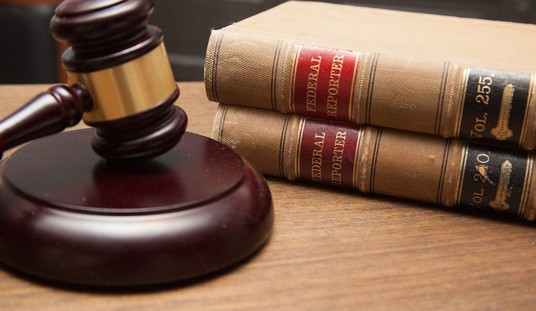The South Florida Sun-Sentinel continues to provide excellent coverage of Florida’s continued gun control debate in the wake of the 2018 shootings in Parkland, Florida. Their work in exposing the troubled history of the killer and the missed opportunities to deal with him before his murderous rampage have been some of the best local reporting I’ve seen in recent years. But there’s one small part of the paper’s recent coverage of the state’s red flag laws that kinda bugs me. And to be fair, it’s a quote from someone, not the reporters words.
“No one deprived of access to guns, to my knowledge, has gone on to commit any shooting,” Tuter said. “It served the purpose it was intended to serve: who is going to argue that a person with a mental health crisis shouldn’t have access to a weapon?”
Tuter is Broward Chief Administrative Judge Jack Tuter, who says the county is averaging about one “red flag” case per day, which seems like a lot to me. But the judge claims that since no one subjected to a red flag law has committed a shooting, that must mean the law is working. Not so fast, your honor. How do we know that any of these individuals would have committed a shooting in the first place, much less all of them.
The Sun-Sentinel notes that 97% of temporary red flag orders are being granted by judges, and the number climbs to 99% of permanent orders (which last one year, but can be renewed after a hearing upon request by prosecutors). If the number of cases Broward County is handling (and there are plenty of other counties who are using the law more frequently, at least per capita) raises eyebrows, the staggeringly high approval rates for red flag orders should raise alarm bells. Are we really supposed to believe that there are only a few rare cases of overreach on the part of law enforcement when it comes to red flag requests? Call me cynical, but I think it’s much more likely that these orders are being rubber-stamped, because as the judge says “who’s going to argue that a person with a mental health crisis shouldn’t have access to a weapon?” From the judge’s perspective, it’s better to be safe than sorry. Would you rather be a judge that approves red flag orders for people who won’t harm themselves or anyone else or the judge who didn’t approve a red flag order for someone who went on to kill themselves or others?
There’s one other thing about the judge’s statement that’s worth noting. Tuter says he’s not aware of anyone subjected to a red flag order who has gone on to commit a shooting. What about individuals subjected to a red flag order who went on to commit suicide by another means? Have we seen any of those cases? We know in Connecticut at least 21 individuals subjected to the state’s “red flag” law went on to commit suicide, and the authors of the study linked above estimate that firearms need to be seized from 20 individuals to prevent one suicide. That would indicate that the majority of people who’ve had their guns seized may not actually pose a risk to anybody at all. There’s another side of the red flag laws here that Judge Tuter and other supporters of red flag laws don’t seem eager to address, but it’s a big reason why so many gun owners are so adamantly opposed.









Join the conversation as a VIP Member